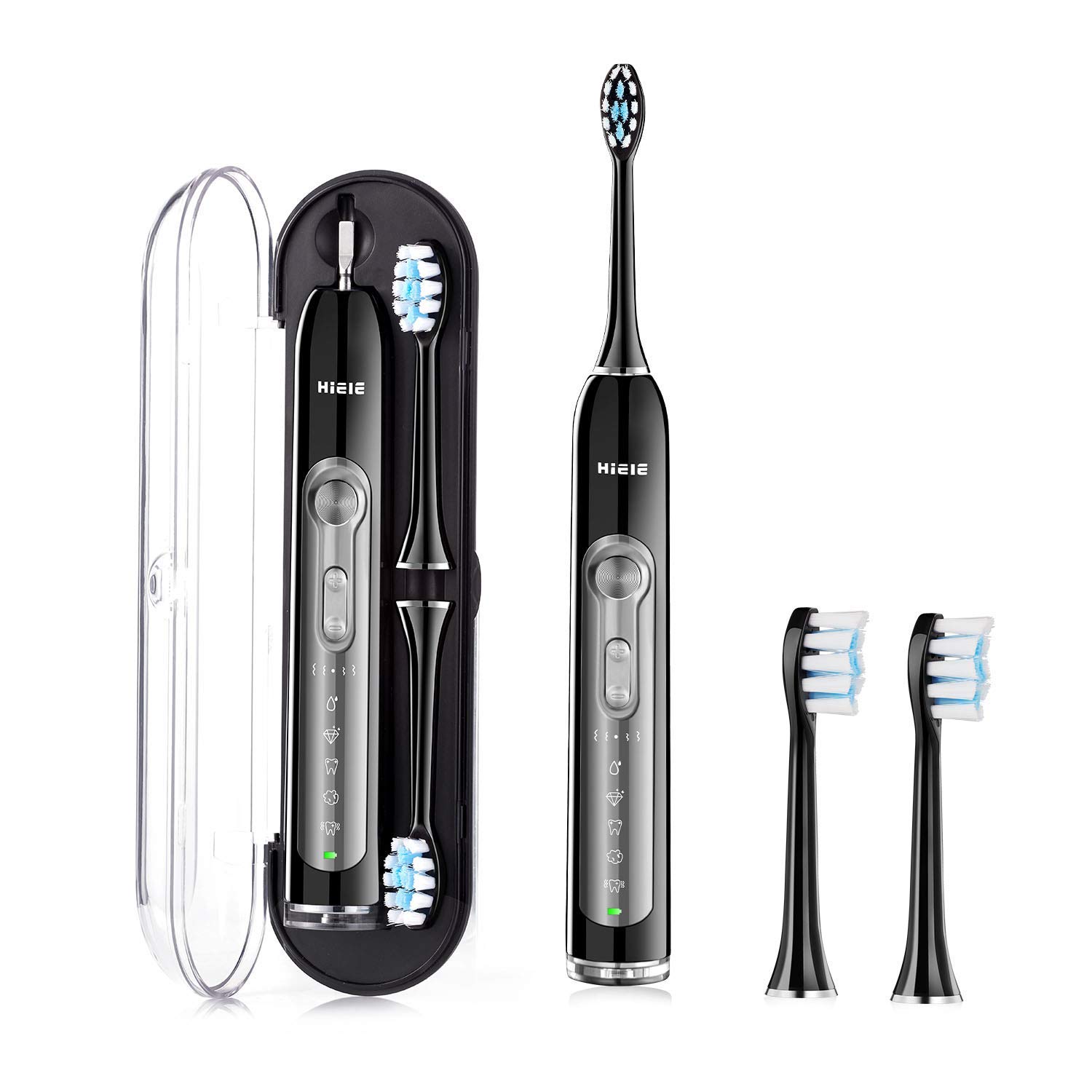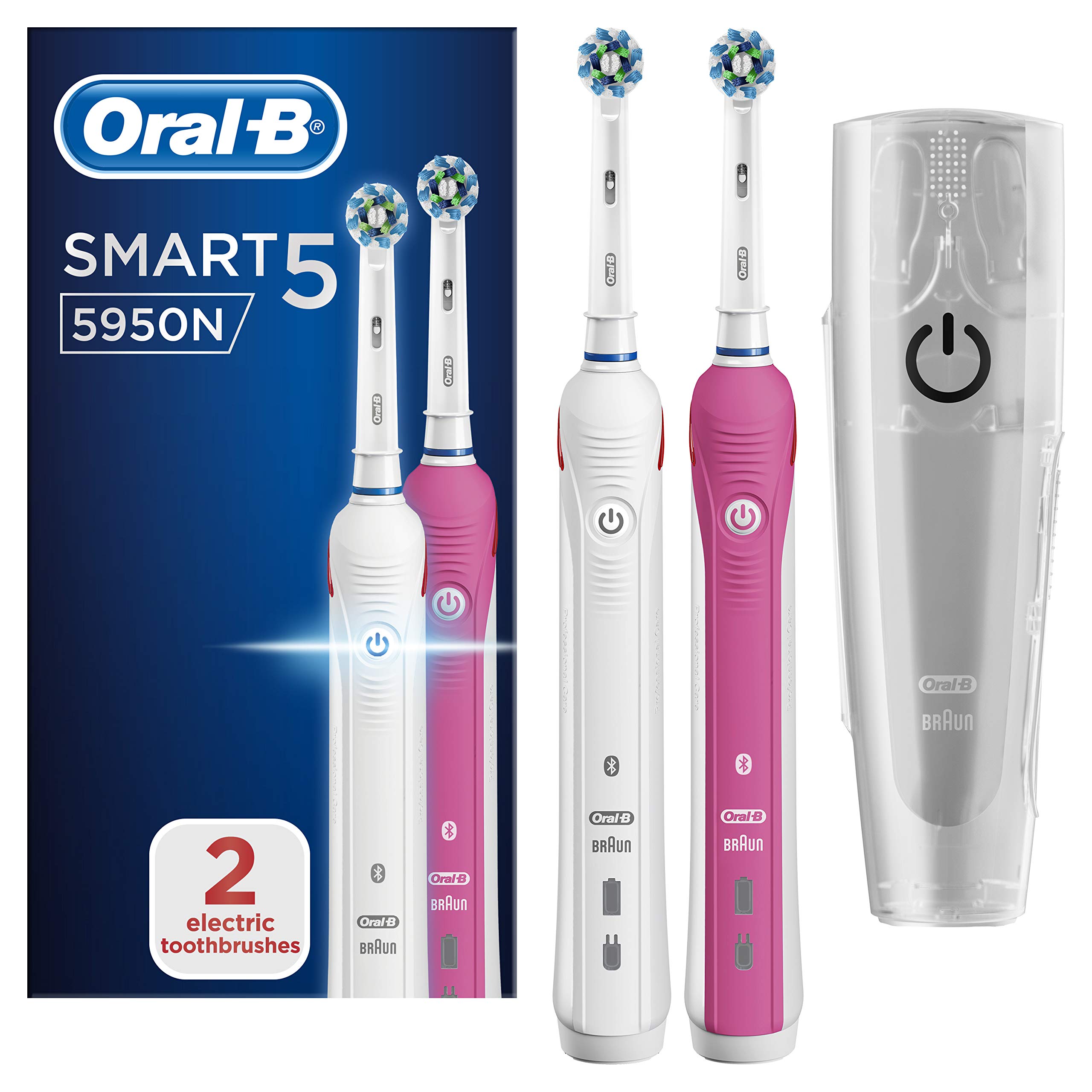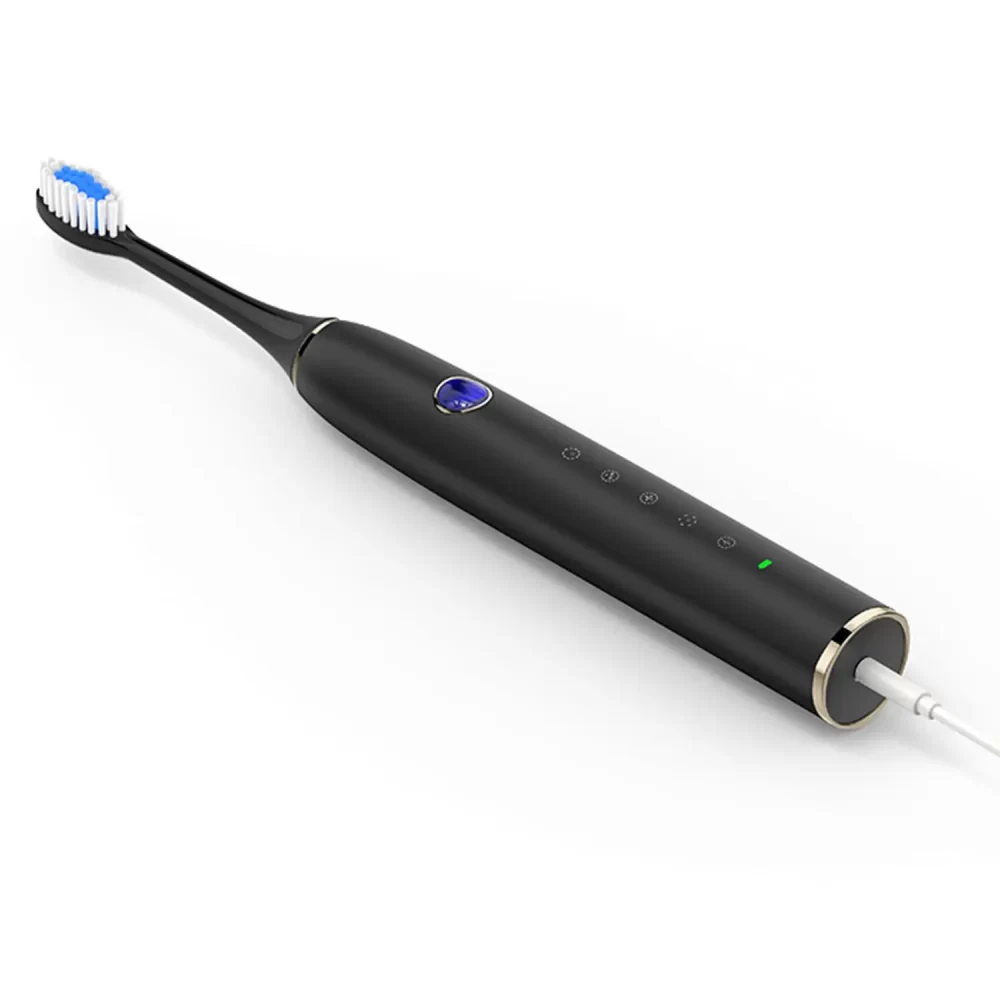Introduction to Toothbrush Types
The toothbrush is a cornerstone of oral hygiene. Understanding the types available is key to making an informed choice. Let’s delve into the history and variety of toothbrushes, helping discern which might serve you best.

Historical Evolution of the Toothbrush
From ancient ‘chew sticks’ to modern designs, toothbrushes have come a long way. They started as basic twigs, evolving into bone-handled, bristle-tipped tools in the 18th century. Today’s versions are far more advanced.
Electric Toothbrushes: Overview and Types
Electric toothbrushes offer advanced features. Many vibrate or rotate to tackle plaque. Types range from oscillating-rotating to sonic, each with distinct cleaning action.
Manual Toothbrushes: Simplicity and Accessibility
The simplicity of manual toothbrushes appeals to many. They’re easy to find, affordable, and get the job done without needing power or batteries.
Comparison of Effectiveness
When deciding between manual and electric toothbrushes, effectiveness is a key factor to consider. This section will dive into their capabilities in plaque removal, impact on gingival health, and their suitability for different users based on needs and preferences.
Plaque Removal Capabilities
Studies highlight that electric toothbrushes have an edge in reducing plaque. They are often more effective due to their advanced brushing technologies. Electric toothbrushes, especially those with oscillating-rotating heads, excel in removing plaque compared to manual ones. One study noted that after three months of use, plaque reduction with electric toothbrushes was notable, making them a strong contender for those who prioritize oral hygiene.
Impact on Gingival Health
Electric toothbrushes also benefit gingival health significantly. Their precise, efficient movements reduce the risk of gum diseases like gingivitis, evident in their ability to lower inflammation and bleeding. Conversely, manual toothbrushes, while effective when used properly, require correct technique to avoid damaging sensitive gum tissues.
Suitability for Different Users
Electric toothbrushes often offer features that cater to various needs. For individuals with limited mobility, such as those with arthritis, electric toothbrushes simplify the brushing process. The built-in timers ensure the recommended brushing duration is met, enhancing thorough cleaning. On the other hand, manual toothbrushes provide a straightforward approach appreciated by many. They are portable and do not require charging, making them ideal for travel and immediate use.
Additional Features and Considerations
When examining the pros and cons of electric and manual toothbrushes, we can’t overlook their unique features and overall value.
Built-In Timers and Sensors in Electric Toothbrushes
Most electric toothbrushes come with timers to guide the user in brushing for the full two minutes recommended by dentists. These timers ensure each section of the mouth gets adequate attention. Moreover, pressure sensors in some models prevent too much force, which can harm the gums and enamel. These features make electric toothbrushes particularly helpful for users to maintain good brushing habits.
Affordability and Availability of Manual Toothbrushes
Manual toothbrushes win when it comes to affordability and availability. They’re low-cost and found nearly anywhere, from your local drugstore to a convenience shop. Manual toothbrushes don’t depend on power sources or battery charges. This simplicity and ease make them a reliable choice for many people who value straightforward dental care solutions or those on a tight budget. They’re also ideal for those who travel often, due to their portability.
 User Experience and Preferences
User Experience and Preferences
When selecting a toothbrush, personal experience and preferences are crucial. Let’s explore the aspects of ease of use and comfort, along with individual needs.
Ease of Use and Comfort
Electric toothbrushes are designed to reduce effort in brushing. Their motorized heads do the bristle movement, which can be a relief for those with conditions affecting hand mobility, like arthritis or carpal tunnel syndrome. Many users find electric models more comfortable due to this reduced need for manual dexterity.
However, manual toothbrushes offer a sense of control over brushing pressure and angle which some people prefer. They are straightforward to use, and there’s no need to charge batteries or buy replacements, which adds to their simplicity.
Personal Preferences and Individual Needs
Choosing between an electric and manual toothbrush also hinges on personal preferences and specific needs. Some individuals may opt for an electric toothbrush for its advanced features like built-in timers and pressure sensors, which can guide a more effective clean.
On the other hand, dental professionals stress that are electric toothbrushes better is not a one-size-fits-all answer. Manual brushes work well for many, especially if cost is a factor or one enjoys the feel of manual brushing. Plus, manual brushes don’t depend on electricity or batteries, making them consistently ready for use and eco-friendlier.
Ultimately, the best toothbrush is one that you will use consistently and properly, as recommended by your dentist. Whether it be manual or electric, it should meet your individual oral health requirements and lifestyle preferences.
Professional Recommendations and Care
Choosing the right toothbrush comes down to more than just features and comfort. Professional guidance is crucial for maintaining optimal dental health.
Importance of Brushing Technique
Dental experts often stress that how you brush is just as important as what you brush with. An effective technique is key to removing plaque and guarding against gum disease. The American Dental Association (ADA) recommends using soft bristles and brushing twice a day for two minutes each time. They suggest placing the toothbrush at a 45-degree angle to the gums and using short strokes to clean all tooth surfaces.
Advice from Dental Professionals
Dental professionals can offer personalized advice on selecting a toothbrush. They take into account factors such as your oral health needs, hand dexterity, and brushing habits. For instance, if you have braces, an electric toothbrush might be recommended to navigate around wires and brackets more effectively. People with sensitive teeth may be advised to use a manual toothbrush with ultra-soft bristles. Regular dental check-ups are the perfect opportunity to discuss these preferences and get recommendations tailored to your needs. Remember, whether are electric toothbrushes better for you depends on several factors, and your dentist can help determine the best choice for your individual care.
 Environmental Considerations
Environmental Considerations
When comparing manual and electric toothbrushes, the environmental impact is a crucial factor.
Waste Production and Sustainability
Manual toothbrushes, though effective, result in considerable waste. Every few months, full toothbrushes end up in landfills. This adds to the growing problem of plastic pollution. On the other hand, electric toothbrushes have replaceable heads. You only discard the head, not the entire unit. This could reduce plastic waste over time.
But there are downsides. Electric toothbrushes contain batteries and electronics. These components may not be recycled easily, leading to environmental harm. It’s a trade-off. The best choice depends on personal values and local recycling options.
Companies now offer toothbrushes made from sustainable materials, like bamboo. These reduce waste and help the planet. If going green is important to you, consider these options.
Energy Usage of Electric Toothbrushes
Electric toothbrushes need power to operate. They either use rechargeable batteries or plug into the wall. This energy comes from somewhere, often burning fossil fuels, which affects the environment.
However, the power used by electric toothbrushes is quite low, especially compared to other household devices. So, while they do use energy, the impact might be small.
In conclusion, are electric toothbrushes better for the environment? It’s complicated. They tend to produce less plastic waste but use energy. Your best choice will depend on many factors, including how you value sustainability and energy use.